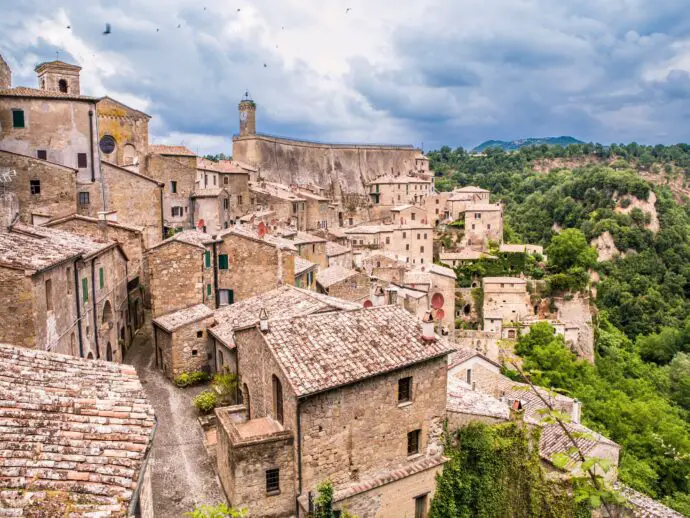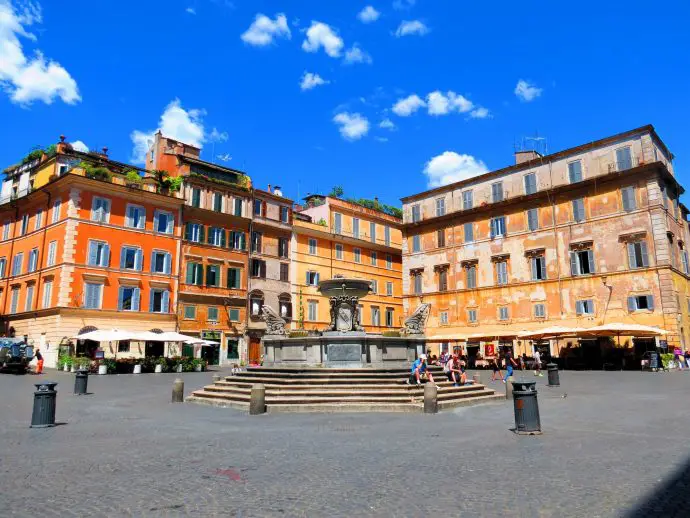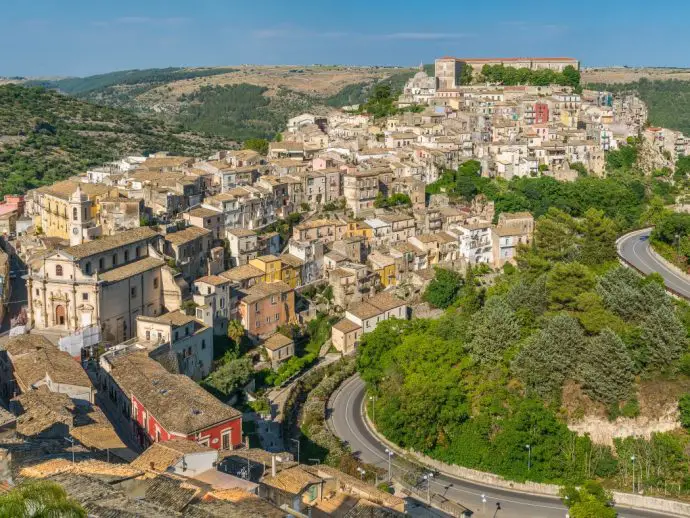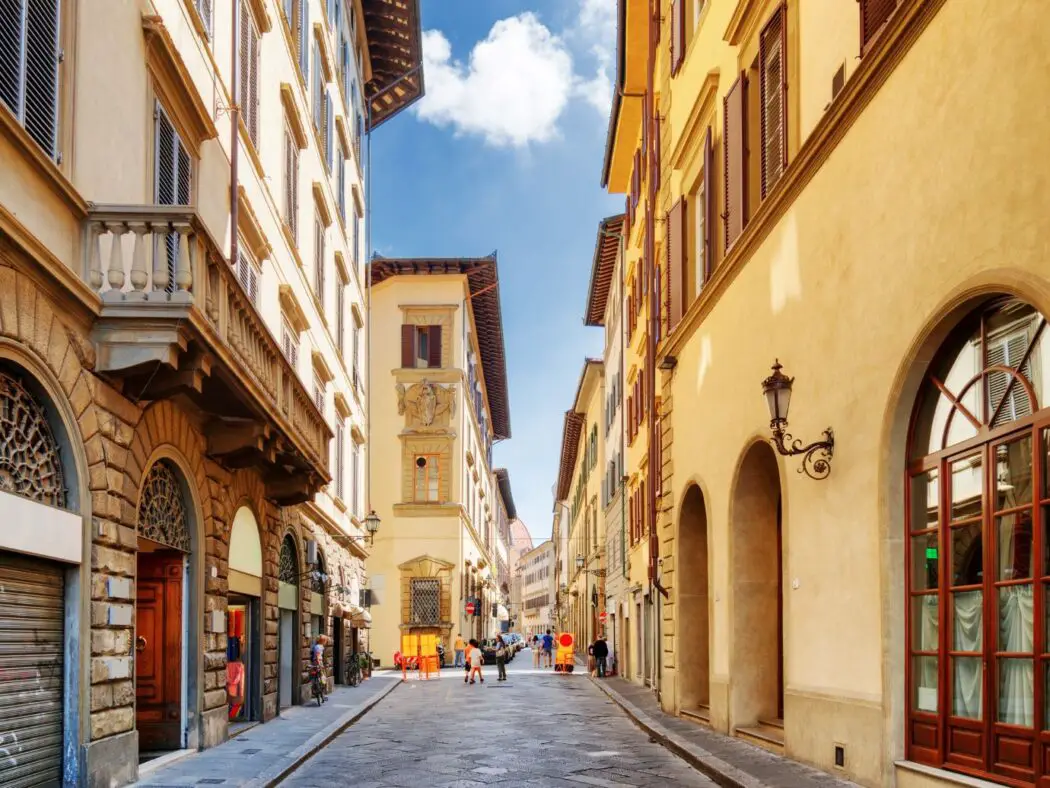The allure of Italy reaches far beyond summer holidays on the Amalfi coast and city breaks in Milan or Venice. This land of sun-drenched vineyards, medieval hilltop villages, and Roman legends has long been tempting travellers to up sticks and relocate for a life of laid-back living surrounded by beautiful countryside and ancient history. Whether you fancy setting up shop in a Rome apartment or retreating to Tuscany for a tranquil existence surrounded by cypress groves and sandy coves, Italy has something to offer everyone.
Of course it’s not all rainbows and unicorns, and moving anywhere in the world has its downsides. Yet if you do your research properly and figure out what you need to do to settle in, then you can look forward to a smooth transition and a fun future.

Here are some important things to mull over when planning a move to Italy:
Consider the Cost of Living
Depending on where you’re coming from, the cost of living in Italy is a big factor to take into account. For some people, it can be a lot cheaper to live in Italy than in their home countries, and this is especially true for those who currently reside in the United States, the UK, and much of the EU. For example, in 2022, the average income in Italy is €44,640 a year, whereas in the UK it’s just £24,600 (€29,500). However, salaries do vary according to location, so it’s important to think about where you’ll be based when deciding on a place to live. Earnings tend to be higher in the northern and central regions of Italy, whilst further south the numbers fall, creating a bit of a north-south divide. Having said that, the cost of living is usually less in the south, so things do even themselves out a bit.

If, on the other hand, you are relocating from somewhere like Asia or South America, you will find Italy much more expensive than what you’re used to. For a realistic chance of a successful transition, it will be important to find a well-paying job that has European salary standards. Or, become a digital nomad so that you can reap the rewards of working for large international companies while living in a relatively cheap destination. Indeed, this approach could be very healthy for your bank account.
Sort out Visas and Health Insurance
There is, of course, plenty of paperwork involved with a permanent move to Italy. If you aren’t a EU citizen, you’ll need to look into getting a visa, and this now applies to British residents too. There are several types of golden ticket, including a long stay visa and a full-blown residence permit for those who intend to stay for a long time. If you are going to be working in Italy, then you’ll also need a work permit and visa, which your employer can assist with.
When it comes to health insurance, not all countries are created equal. Luckily, Italy has a fairly robust health service, similar to the NHS in the UK, but it’s always advisable to take out private health insurance to cover all bases and give you peace of mind.
Be Aware of Cultural Nuances
If you want to slip seamlessly into Italian life, then there are a few things that you need to know. Never order a cappuccino after 11 am, don’t ask for lasagne in Rome if you want to be taken seriously as a local, and gen up on your football knowledge, even if you’re not a big fan of the game.
Coffee etiquette in Italy is one of the first things you’ll need to master, in order to fit in. Espressos are a constant companion throughout the day, as a little pick-me-up to keep things moving. Most people drink their coffee stood at a bar rather than seated at a table, so ditch the English way and fake it till you make it! If you really must have milk, ask for a caffè latte, which literally means “coffee with milk”.

Meanwhile on the pasta front, remember that each region has its own specialties, and if you’re trying not to stick out as a tourist, it’s important to order the right dishes in the right locations. Many locals eat pasta every day, so it’s an obsession that you need to tap into, the moment you set foot on Italian soil. Also note that there’s no such thing as spaghetti bolognese (here the tomato sauce is called ragù), and never put parmesan cheese on a fish-based pasta dish. Oh, and if you order a pepperoni pizza, you won’t get the meaty feast you were anticipating since in Italy, “peperoni” means bell pepper!

Football is a universal language, and often the first conversation you’ll have in any new county is with your taxi driver, and it’ll be about the big game. Italians are passionate about football, so to ingratiate yourself into the community, learn a few game terms, and get into the supporter spirit if there’s a big Sunday match on.
Learn the Art of Lethargy
Although it will be tempting to rush around, taking in all the sights and experiences that your new home area has to offer, there’s no shame in putting the brakes on and just relaxing. Indeed, sitting in the sun with a glass of wine and chatting to your neighbours is a delightful way to spend an afternoon, and it’s perfectly socially acceptable to people-watch whilst doing absolutely nothing. In fact, it even has a name – il dolce far niente – which means “the sweetness of doing nothing”.
It will take a while to get used to this, especially if you’re from the UK where you would get stared at for just sitting on a street corner, but stick with it, and you’ll soon reap the rewards. As they say, when in Rome…!

Make Non-Expat Friends
It can be daunting moving to a new country, especially one that has a different language and culture. Many people embrace the expat communities that have sprung up over the country in recent decades, which is great for moral support, a friendly face, and tips from those who are in the same boat. Yet try and force yourself out of your comfort zone and get to know the Italian residents and neighbours in your area.
Start learning Italian the moment you know you’re going to move to Italy, to help with everyday interactions and meeting new people. They’ll appreciate the effort and it will go a long way to helping you become a true local.





